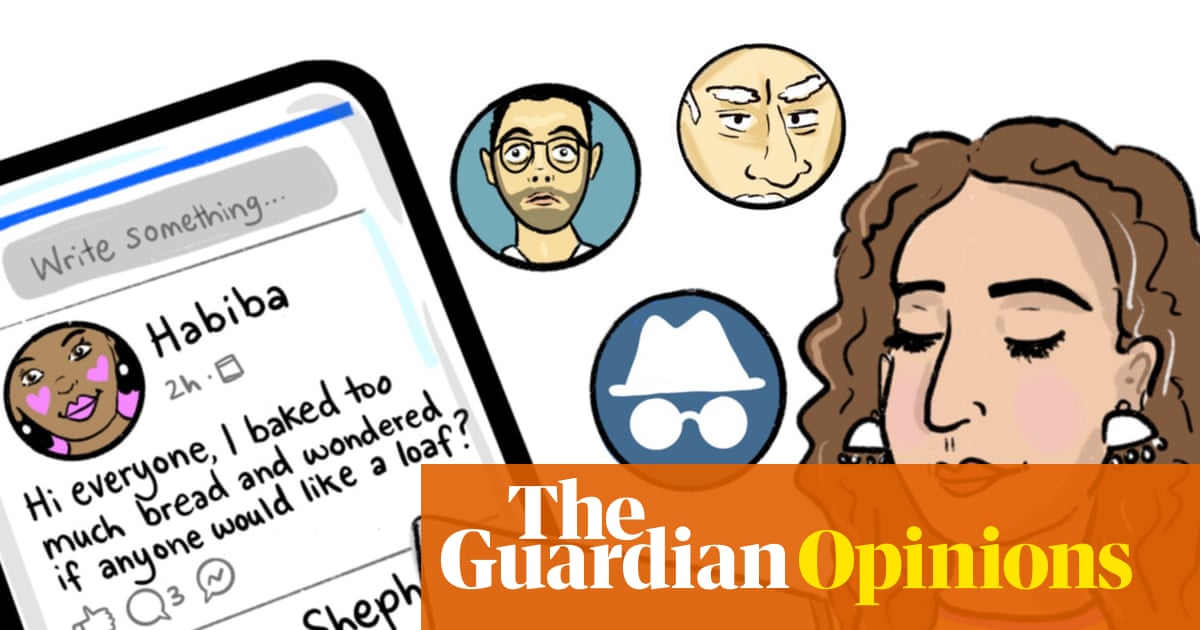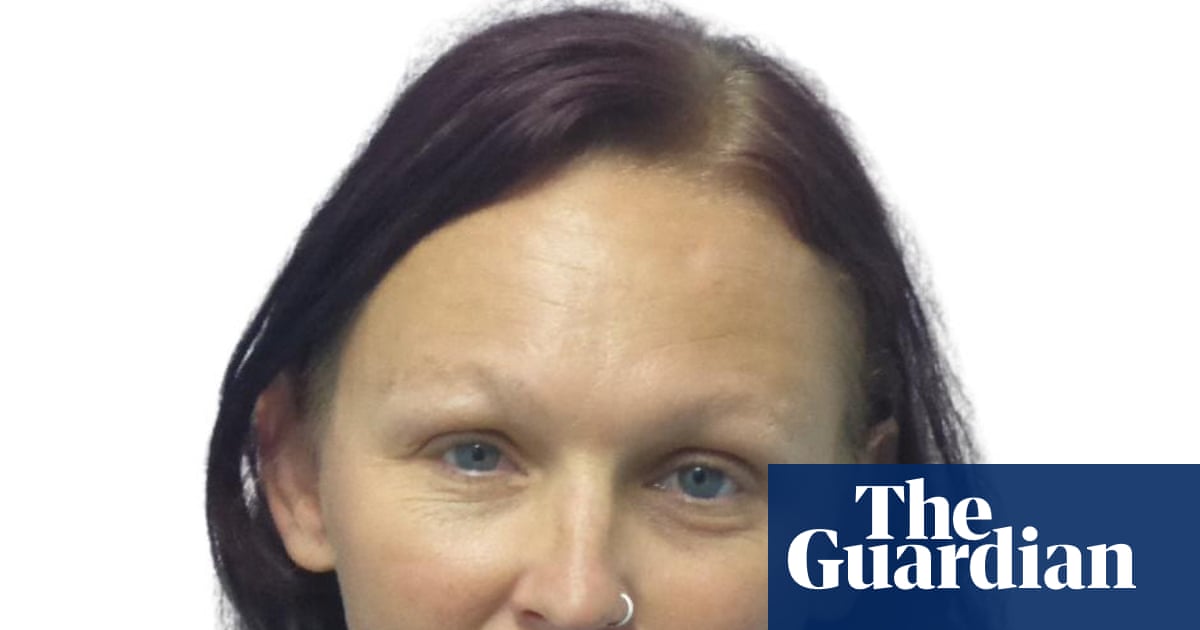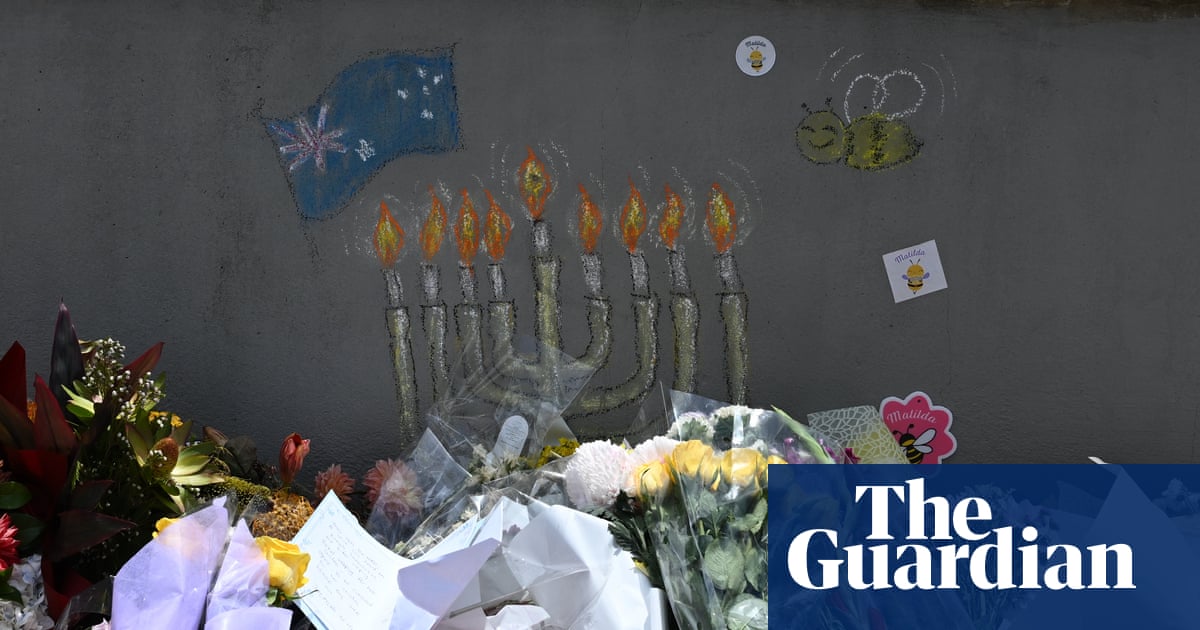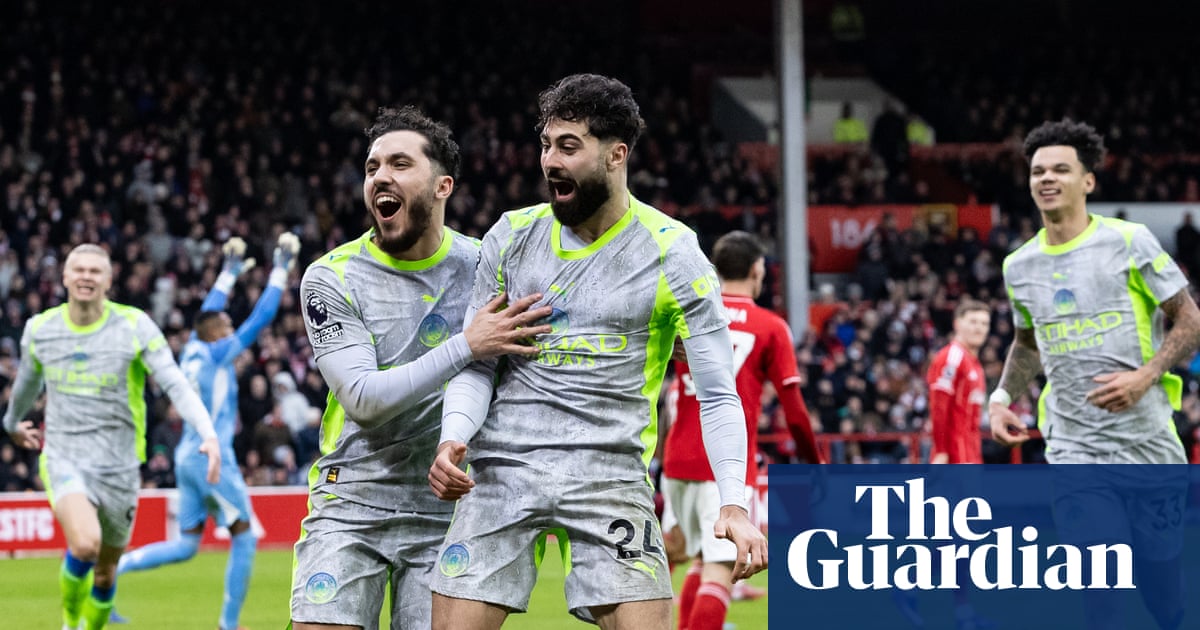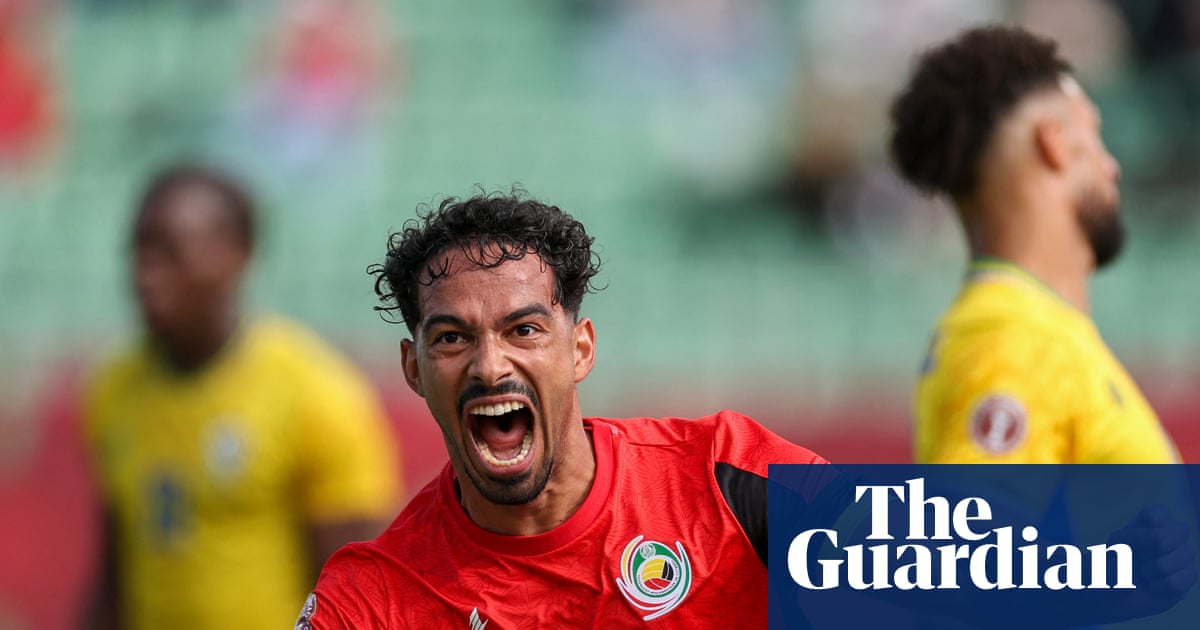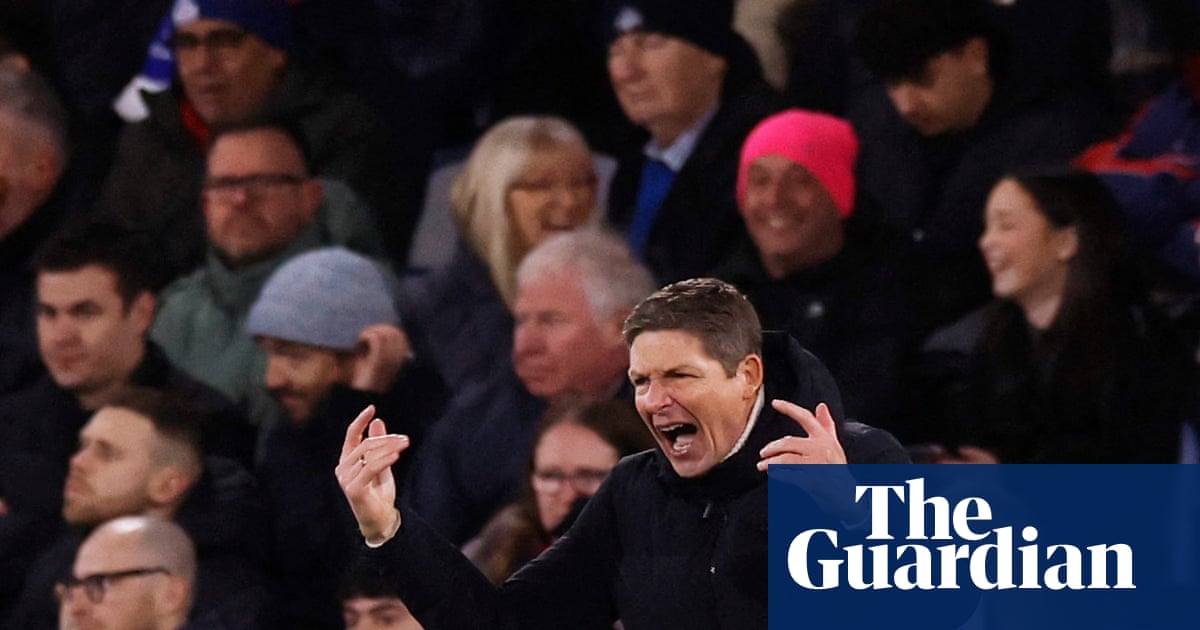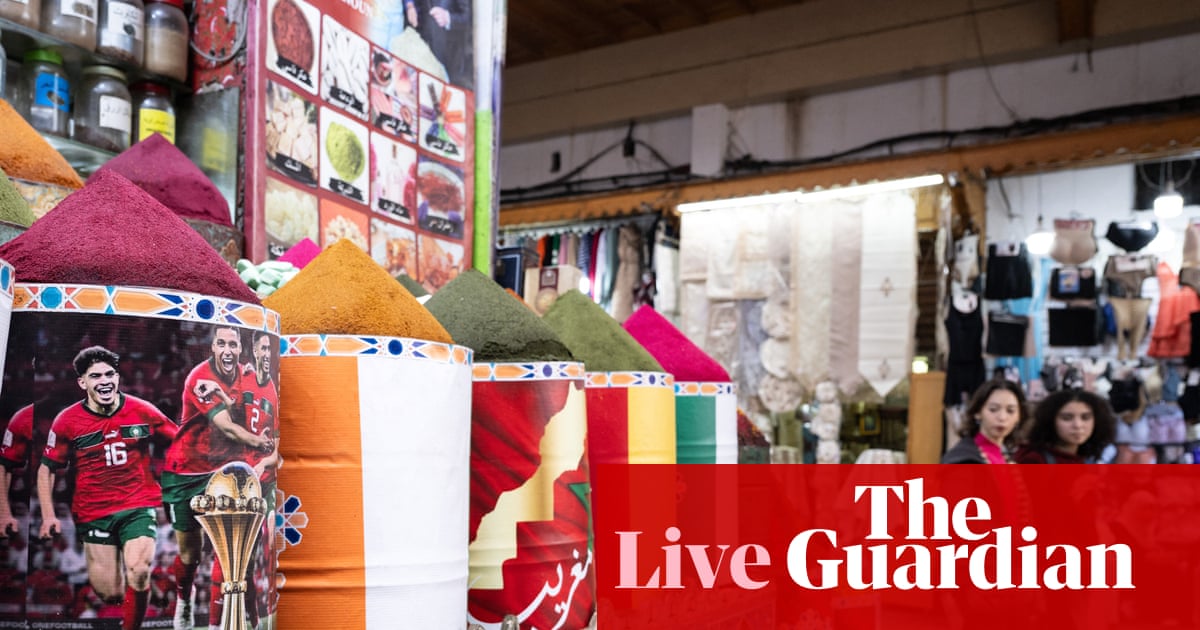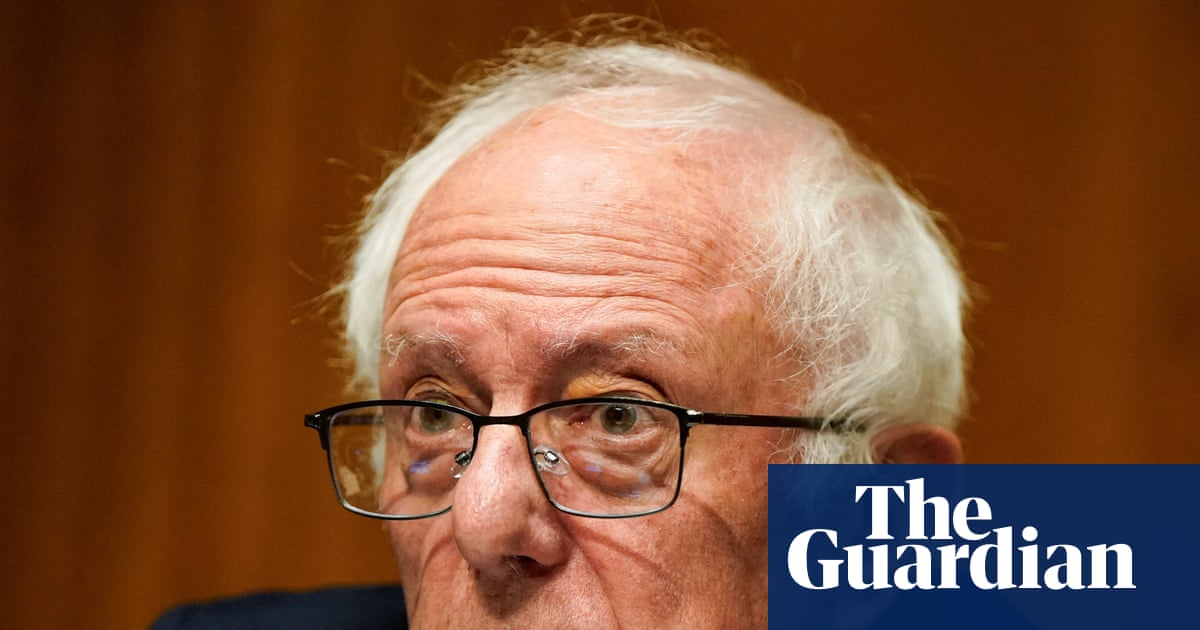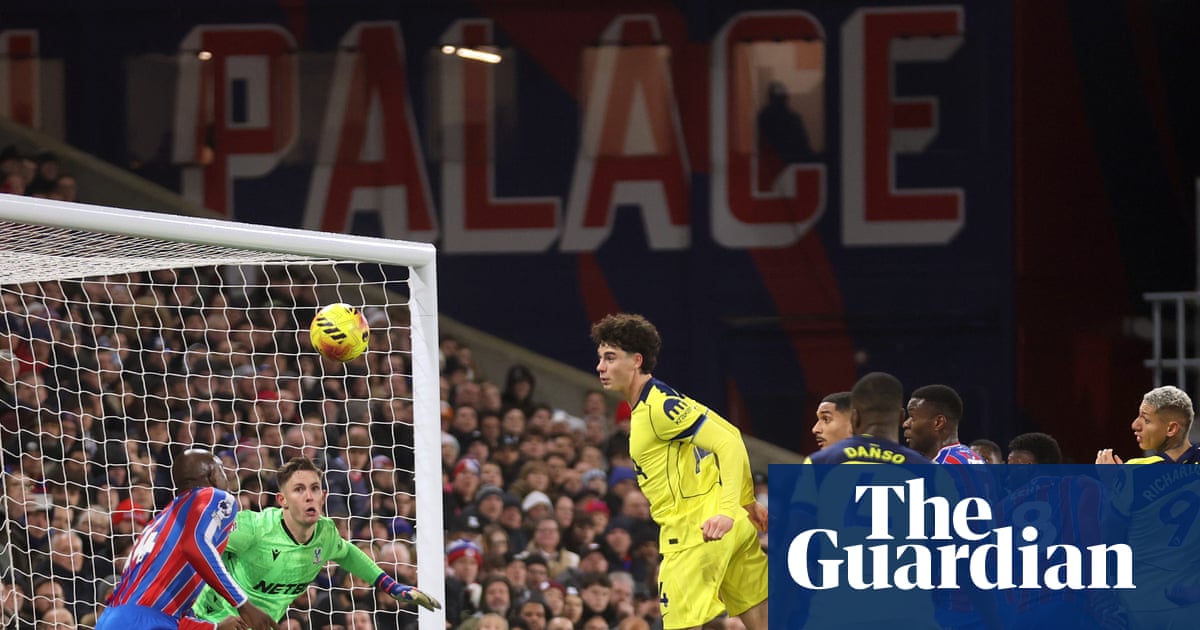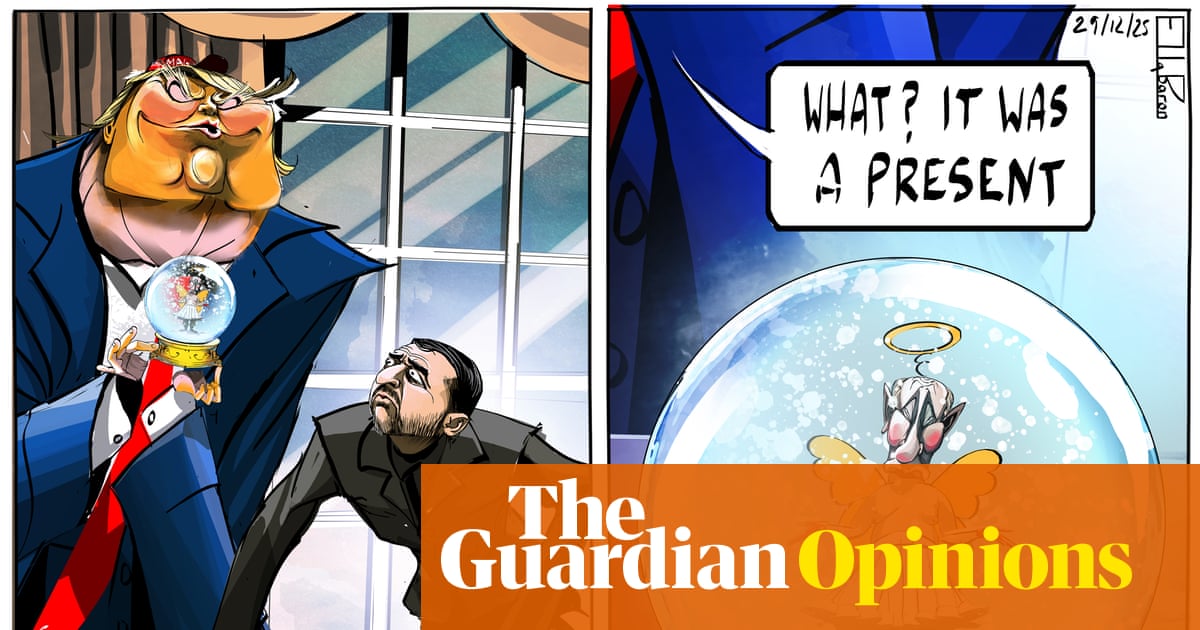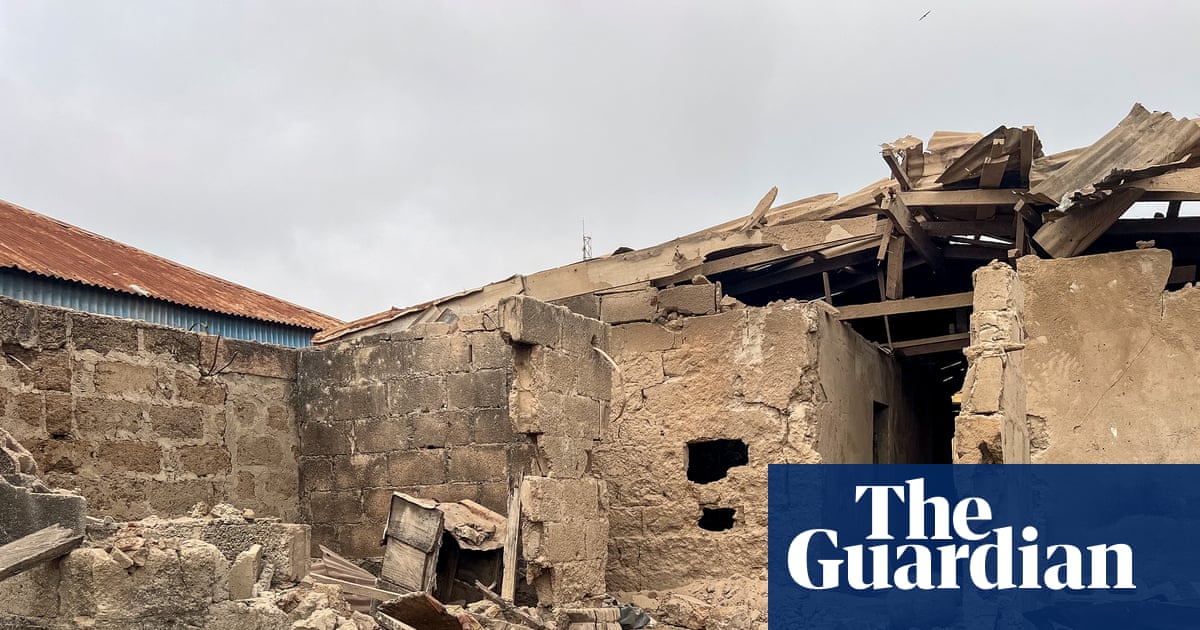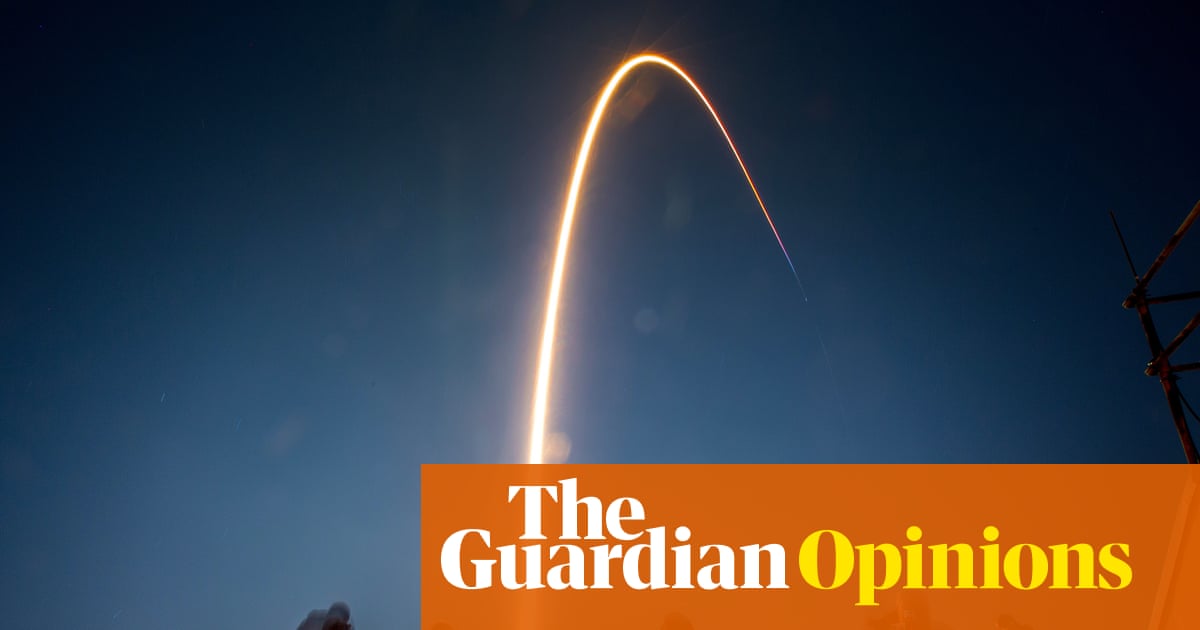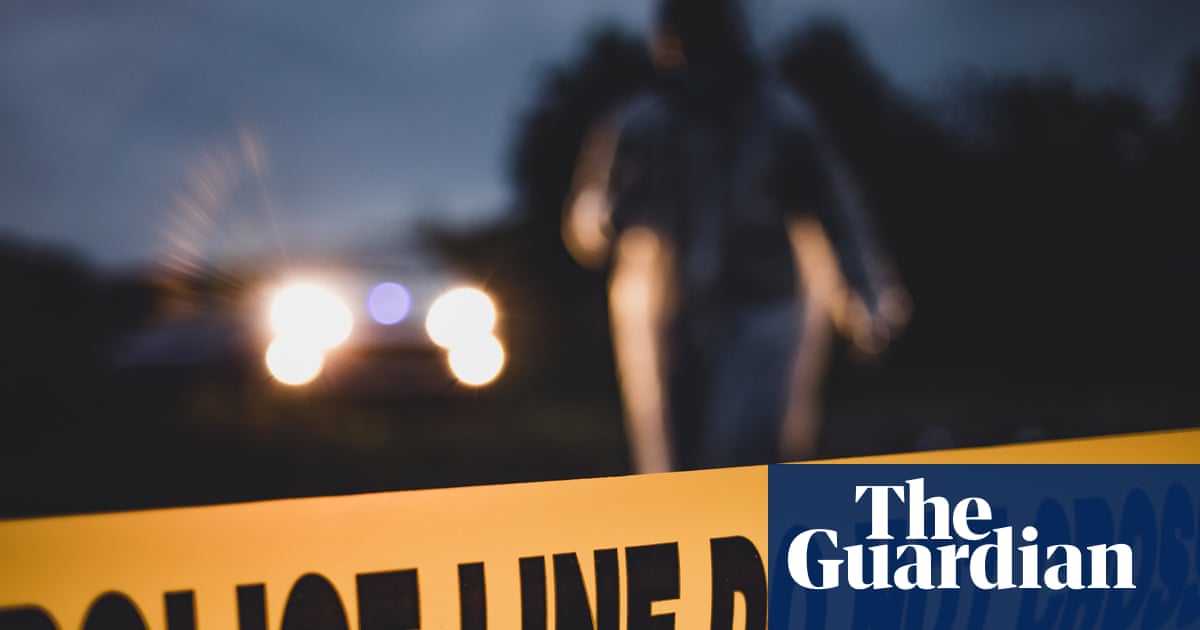“Mom, why are they bombing us?” my oldest daughter asked me in 2019, as the Saudi coalition committed crimes with US weapons. Why? This is the eternal question.
When the western-backed, Saudi-led military campaign began in March 2015, I started compiling a mental list of all the ways the war was scorching the concept of childhood in Yemen. How war takes parents away from their children, and our children away from us. How war, not time alone, ages our children.
On the streets of Sana’a, I come across pictures of young men who once left childhood for adulthood and then life for death, with flowers and the word “martyr” framing their images. Each time I pass their fading smiles, I think about how many more boys will go from playing in the streets to dying on the battlefields.
Those children who weren’t conscripted find themselves fighting another war as hunger leaves their cheeks hollow and eyes sunken. This hunger steals smiles from their faces and breath from their lungs.
They become too weak to even cry. They walk around malnourished and vulnerable to preventable diseases.
The mothers in Gaza who lost their children to Israeli bombings and genocide had already lost them, because the war machine not only devours flesh, blood and souls but also hopes and dreams. Like us mothers in Yemen, they lost their children when they were suffering without medicine, hungry without bread, imprisoned without justice, tortured, and bearing the psychological pain of losing hope.
The same goes for those who may survive bombings in Gaza as it does in Yemen.
Survival doesn’t equate to being saved or truly living, just as war is not counted by how many people were killed versus how many survived. All lives are affected, because war has countless ways to turn life into death.
What options do those who survive a bombing have when all that remains is a life that feels like slow torture – a life that is worse than death?
I know this all too well as a woman living in Yemen: if we are not buried alive, we are living buried, crushed by societal, regional and global judgments and power struggles.
The international powers are aware of all of that, from Yemen to Gaza. Many are complicit in the bloodshed and starvation of civilians, profiting from it by arming those who bomb and blockade us. This is the only explanation for their silence and inaction.
They don’t want to hear complaints and cries of pain from their citizens, so they silence them, too.
after newsletter promotion
To my daughter’s question, I replied: “They consider us weak in this world. Easy to devour.”
She appeared dissatisfied with my response, so I added some hopeful words on how we must be resilient through the war, and how we will one day rebuild our country through education.
Looking back, her initial dissatisfaction reflected my own wartime fatigue: why do we civilians blame ourselves? Sometimes, when my mind collapses under the pressure of such questions, I tell my daughter, “The weapons buyers and sellers are the ones who have the answers.”
We are witnessing a time when the strong take what they want, beginning with the souls of children, shattering hearts, and causing the world to collapse on the heads of mothers. True peace will only be achieved when vulnerable people are recognised as human beings rather than the targets of powerful interests and greed.
-
Elham Al-Oqabi is a Sana’a-based writer, journalist and human rights advocate. She is the author of Women Moan in Silence: Short stories about everyday life of Yemeni women, and founder of the Yemeni Women Storyteller Club

 3 months ago
43
3 months ago
43
